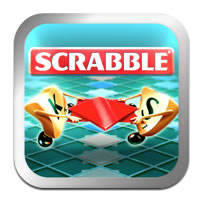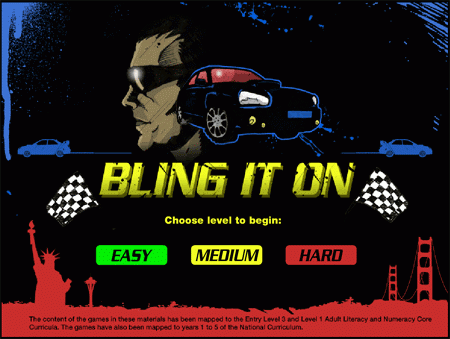At the Rethinking Research: Disrupting and Challenging Research Practices conference where I was presenting a mapping session, one of the sessions I attended as a delegate was “Hacking the University Game” led by Luca Morin from Coventry University.
I hadn’t intended to attend this session, however as the presenter of the session I was in hadn’t turned up, I had to make another choice so came in late to this one.
In a previous blog post I talked about the design process for a vice-chancellors game we created as a group.
In another part of the session we were asked to reflect on a different kind of game, choosing a different subject to focus on. This time though we were asked not to think about the mechanics of the game, but focus on what the game was trying to enabler the players to learn. After chatting with the other person on my table we decided to do a game for students that demonstrated to them the difference between employability and education.
Many students sometimes focus on the skills they need for a job and think “education” isn’t as important as gaining employability skills.
What we wanted the game to demonstrate to students was that undertaking a degree wasn’t (just) about gaining the skills for a future job, but that by undertaking the degree you would learn stuff in the subject, but by doing so would also gain the skills that would be transferable and useful in a future job. In addition that focusing on employability would be a false economy and learning those skills discretely independently from the degree subject takes longer than gaining those skills by learning in the subject area.
We used a simple example to explain this, learning how to use Excel is an useful employability skills. It takes time to learn how to use Excel effectively and gain skills that are transferable to the workplace. Without context though, the transfer and application of these skills can be challenging, especially if you’ve not done it before.
However using Excel to understand a series of data from the subject area and learning how to manipulate it within Excel not only means using Excel, but also learning how to use Excel in context. This makes it easier to understand how to use Excel, but you can apply it to different situations. As a result, using Excel within a subject context can make it quicker and easier to gain Excel skills, than learning to use Excel outside the context.
The game was about engaging learners in the process that though employability skills are important for a future job or career, these skills will be more transferable and enhanced by gaining them through learning in the subject context, then trying to do the bare minimum.
There were less steps using the employability route, but each step would take longer. The education route had more steps, but they could be completed more quickly. There were also connections between both routes.
Of course spending ten minutes thinking and designing a game that covers this doesn’t mean that this is a finished game and there are major flaws with the concept and design. However the exercise of creating a game does make you think about the problem and the core issues, that in itself is an useful exercise.













